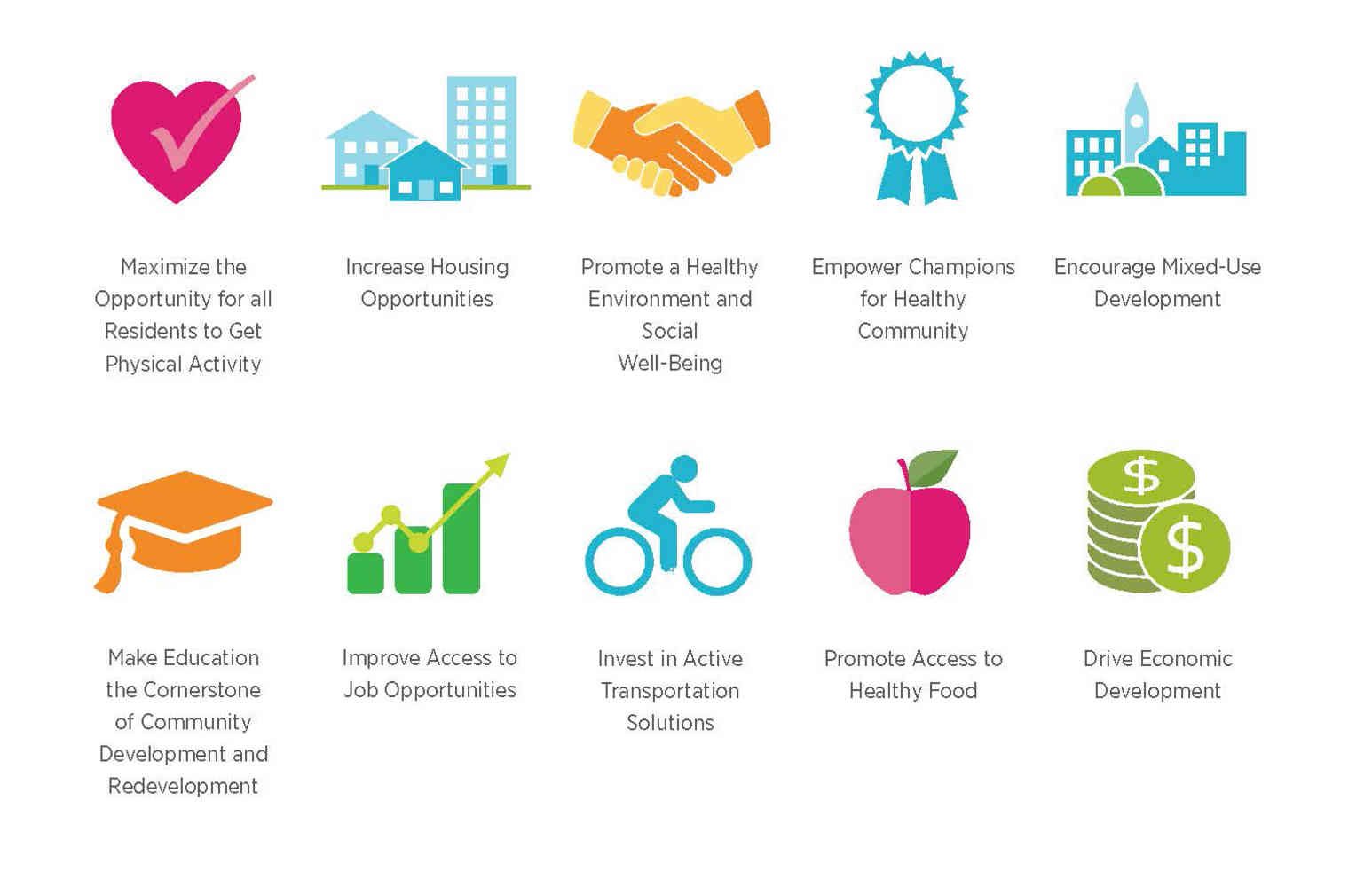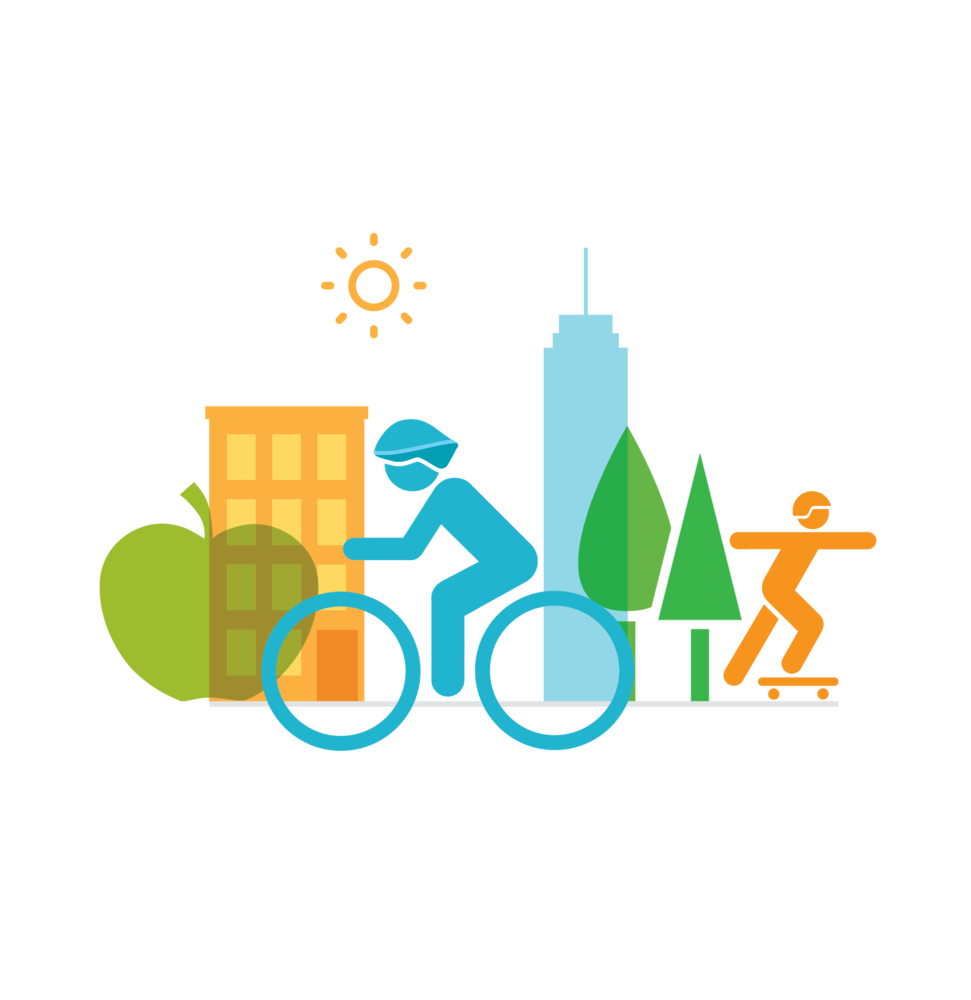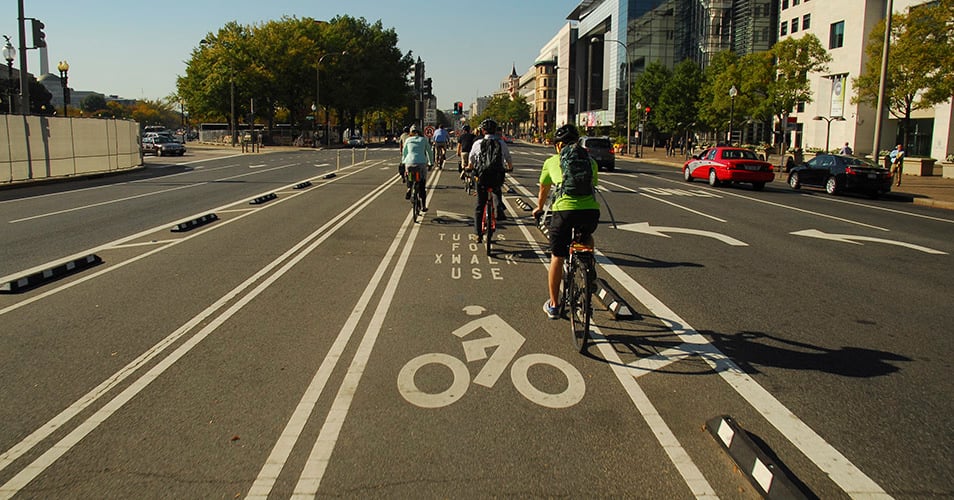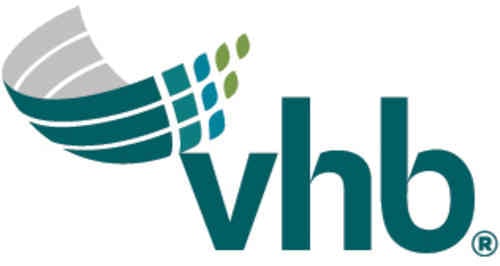Please join us at
Georgetown University
- Date & Time
- September 25, 2017 from 11:30AM to 4:30PM
- Location
-
Georgetown University | School of Continuing Studies
640 Massachusetts Ave NW
Washington, DC 20001
Join VHB at Georgetown University's School of Continuing Studies Downtown Campus for this invitation-only event to explore the intersection of the built environment and Healthy Community Design (HCD). The symposium will focus on the importance of applying HCD principles in planning transportation and infrastructure improvements to help foster economic growth and the health and safety of residents and visitors.
Attendees will gain valuable insight from healthcare practitioners, municipal leaders, federal and state agency representatives, regional planners, and real estate developers.
Lunch and refreshments will be served.

Healthy Community Design Principles
Keynote Speakers
-

Dr. Richard Jackson
Richard Jackson is a pediatrician and Professor of Environmental Health Sciences at the UCLA Fielding School of Public Health. He is a leader in Environmental Health and in areas related to the “built environment” and health. He authored the book Designing Healthy Communities in 2012 and hosted a four-hour public television special by the same name. He is also co-author of two books used in teaching: Urban Sprawl and Public Health (2004) and Making Healthy Places (2011).
-
Feature {{position}}
A short caption
Schedule
-
11:30 a.m.
Registration and Lunch -
12:45 p.m.
Welcome and OverviewKen Schwartz, AICP, NCICS, Senior Vice President and Planning Service Leader, VHB
Mike Jelen, PE, Vice President and Managing Director of the National Capital District, VHB
-
1:00 p.m.
Designing Healthy CommunitiesDr. Richard Jackson, UCLA Fielding School of Public Health
-
2:15 p.m.
Break -
2:30 p.m.
Panel DiscussionAriana Sutton-Grier, PhD | University of Maryland
Jason Broehm | US Department of Transportation
Anneta Arno, PhD | District of Columbia Department of Health
Mark Cole, PE | Virginia Department of Transportation
Curt Ostrodka, AICP, LEED AP | VHB
-
4:15 p.m.
Closing Remarks -
4:30 p.m.
Networking Followed by Georgetown Lecture Series -
12:00 PM
Schedule Item {{position}} Content that describes this portion of the event.
RSVP

The Problem
There is a disconnect between people and access to multimodal accommodations, goods, services, and resources that promote health and well-being. Although 55% of Americans report they would prefer to walk and bike more, the predominant mode of travel in the US is driving. A third of the trips in US metropolitan areas are less than a mile, but 65% of these short trips are taken by car—the reason most often given for not choosing to walk or bike is the fear of injury. Walking and biking account for 14% of traffic fatalities, yet receive only 1.6% of federal transportation funding. This forces people to choose sitting in a car over walking or biking.
This reliance on driving has a profound impact on health. Two-thirds of American adults are overweight or obese, raising their risks for heart disease, stroke, cancer, and type 2 diabetes. Increasing physical activity is a crucial way to reduce these risks, and the medical leadership of the US endorses reducing these risks by enhancing our built environment.
Transportation leaders have long embraced their mission of moving people and goods efficiently and safely—but transportation plans, construction, and funding also profoundly affect health.
The Opportunity
Research shows a connection between the built environment and community health. Communities designed in a way that support physical activity—a network of complete streets with wide sidewalks, bike lanes, street trees and plantings, access to transit, active recreation, and access to healthy food choices—encourage and support residents to make healthy choices and live healthy lives.
Transportation significantly influences physical activity and well-being, safety, and the ability of community members to access destinations that are essential to a healthy lifestyle. Expanding access to a variety of transportation options and integrating health-enhancing choices in the planning and development process has the potential to save lives by preventing chronic diseases, reduce and prevent motor-vehicle-related injury and deaths, and improve environmental health, while stimulating economic development and providing access for all people. HCD also enhances community cohesion and improves the resiliency of communities as they face future risks associated with climate change and other threats.
The Challenge
Today, the system for transportation planning and design is focused on moving people and goods efficiently. How can we demonstrate the value added by incorporating HCD principles to ensure our investments have a profound impact on the health and resiliency of our communities?
The Symposium
To address the HCD Challenge, VHB is sponsoring this Healthy Community Design Symposium to examine how we can incorporate and demonstrate the economic value for applying HCD Principles to the planning and design process in metropolitan Washington, DC.
FAQ
What are my transportation/parking options to getting to the event?
Georgetown University's School of Continuing Studies (SCS) is located in one of DC's most accessible neighborhoods. The Metrorail lines closest to campus include Galley Place/Chinatown (Red, Green, and Yellow lines); Mt. Vernon Square/7th St. Convention Center (Green and Yellow lines); Metro Center (Red, Blue, Orange, and Silver Lines); and Union Station (Red Line). For bus accommodations, the Metrobus and DC Circulator Bus are available. The SCS campus can be easily accessed by foot or bike. The closest Capital Bikeshare station can be found at 5th and Massachusetts, and secure bike racks are located nearby.
Parking garages are available nearby.
- PMI Parking: 600 Massachusetts Avenue NW
- Laz Parking: 901 7th Street NW
- MarcParc: 500 New York Avenue NW
- TechWorld Parking: 801 I Street NW
Click here for more information on SCS's campus map and directions.
May I bring a guest?
This event is an invite-only and seats are limited. If you have a special request, please contact the event organizer.
Do I have to bring a printed ticket?
No printed tickets are necessary. Please be sure to check in at the front door.
Who can I contact with any questions?
Please contact Ellie Larson ([email protected]) or Jen McGovern ([email protected]).

